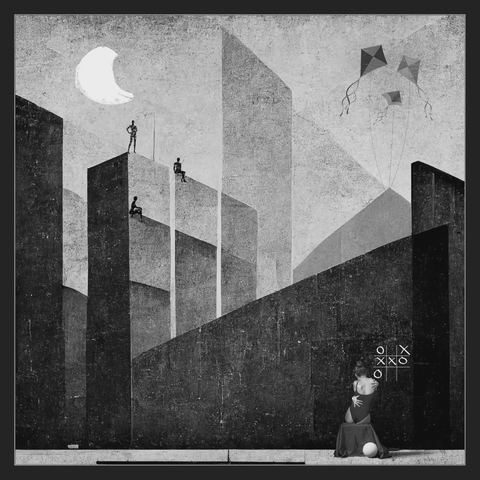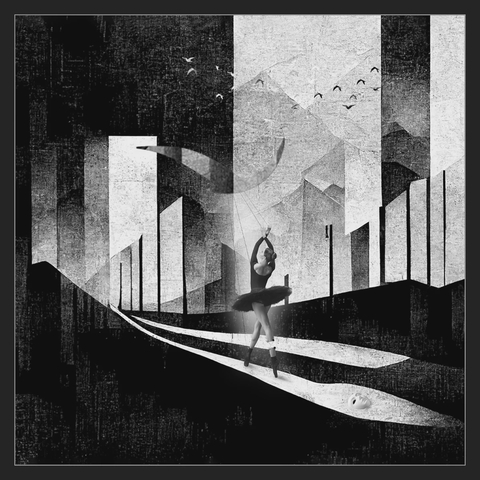Elzbieta Zdunek
Spring Haiku

The Love Song

Artist’s Statement
I found solace and expression in collage during the lockdown, using it as a medium to narrate my own story. Formerly a photographer, my focus has always been on the perception of the photographed object rather than the object itself. I continue this approach in my collages. I ask myself the question what makes us us, and how many different people we are depending on the context.
I question our own person and personas that we put on publicly, as if we were badly acting on an invisible stage. This is underscored by the recurrent motif of a mask and the characters’ dynamic shifts from hero to villain, from active to passive personas, from the protagonist to a supporting part. As a result, my works coalesce into a mosaic that can be arranged in an infinite array of combinations. Consequently, interpretations and storylines can undergo profound transformations—denial to anger, hope to resignation, compassion to resentment. I invite the viewers to interpret my artworks through the prism of their own biases, triggers, and prejudices. It is no different with the two pieces presented here.
Our perception of things and the tendency to notice and interpret shapes and patterns was the starting point of both of the published artworks. In the case of The Love Song, the abstract shapes and lines that immediately make us think of a landscape, allowed me to envision a journey with an end not yet in sight. Despite lacking concrete elements suggesting it, the landscape exudes a dystopian aura. The figure, bearing a puppet-like form, appears guided by a force more potent than herself. The deliberately ambiguous title opens the door to varied interpretations and speculations about how the narrative might conclude, if it ever reaches an end.
Similarly, the title of the second piece, Spring Haiku, serves as a gateway to inquiry and interpretation. While it evokes images of delicate blossoms and new beginnings, the visual narrative challenges this expectation. Instead of blossoms, simple geometrical shapes depict a barrier - a wall - accentuated by a grungy ink-print texture, evoking an urban dystopia and a stark division between “us” and “them.” The juxtaposition of an endless game against a backdrop of innocent, cheerful activity is deliberately ambiguous, intended to evoke a sense of discomfort and provoke contemplation.
Each one of us is unique, but ironically, whenever I am asked to describe my work, I respond with the quote by Umberto Eco: “every story tells a story that has already been told”. Knowing that others will recognise themselves in the inner conflicts that I strive to portray, I deliberately leave them unsolved, ambiguous, and disconcerting.
About the Artist
Elzbieta “Ela” Zdunek is a Polish photographer and collagist based in Berlin. While art has always been present in her life, it was the pandemic and the lockdown when collaging became her creative outlet and a way to tell her own story.
In her early photography, her focus was never the photographed object, but rather its shadow or reflection, how it is perceived rather than how it is. This approach remains at the forefront in her collages too. She portrays the action and inaction, the moment of change, when we don’t know yet if the result is a blessing or a curse, but it’s going to define us in the eyes of others.
She has previously exhibited both locally in Berlin, as well as in New York and London; her works have also been published in several art magazines, among others, Heckmag. She is also a popular cover artist in the Berlin music scene.
Find her online at surrellart.com and on Instagram @surrellart.